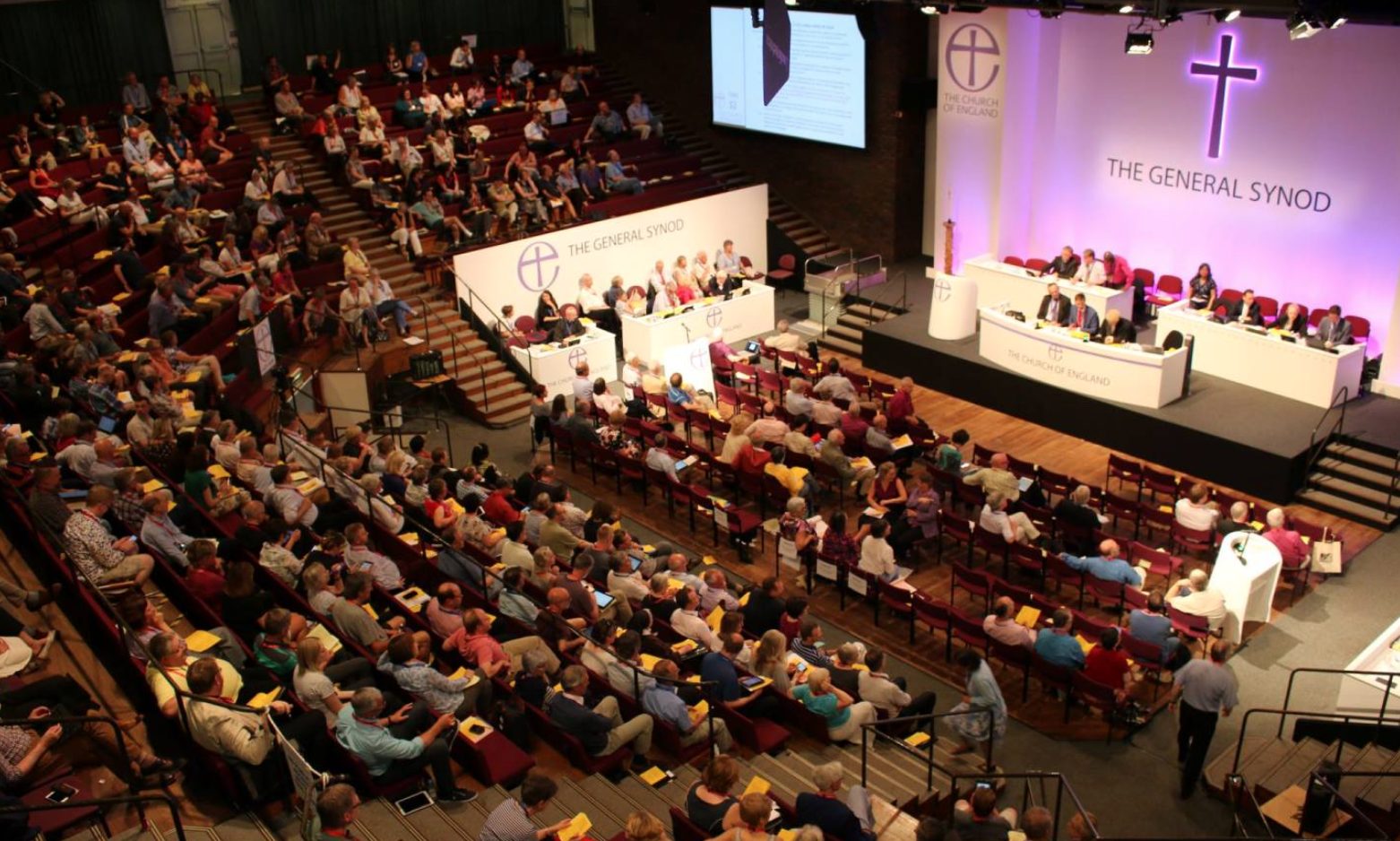On Tuesday (15 July) morning, the General Synod approved an amended motion, which called for the removal of the 1991 document Issues in Human Sexuality, as part of the discernment and vocations process for ordinands in the Church of England, and for it to be replaced, in the interim, with Guidelines for the Professional Conduct of the Clergy (GPCC).
Mr Paul Waddell (Southwark) to move:
23 That this Synod request that the House of Bishops remove any requirement relating to Issues in Human Sexuality from the Vocations (Shared Discernment) Process.
The Revd Jenny Bridgman (Chester) to move as an amendment:
36 At the end, insert ‘and replace it with an interim requirement of living consistently with the Guidelines for the Professional Conduct of Clergy (GPCC) during the period of discernment and training, and complete work on the package of the Pastoral Guidelines, Code of Practice and Bishops’ Statement, as agreed at General Synod in July 2024’.
CEEC, along with its constituent members, have long felt the need for Issues in Human Sexuality to be replaced with something more appropriate. At the same time, there has been concern that it should be replaced with something that is both doctrinally clear and pastorally sensitive.
While replacing Issues in Human Sexuality with GPCC is not entirely adequate (e.g. it was not written for this purpose), it offered an interim solution which orthodox General Synod members could support.
During the Synod debate, members received clear and public assurance from Bishop Mark Tanner (who co-wrote the amendment with Jenny Bridgman) that the canons, doctrine and policies of the Church of England would not be changed as a result of the amended motion.
Disappointingly, the Church of England’s press release was misleading and failed to mention the highly significant amendment to the motion until midway down the press release.
I should also add that readers of this post must not be misled by the narrative peddled in some quarters, that this amended motion opens the way towards clergy same sex marriage. That is not the case. The assurances offered to General Synod underline the true reality – that the Canons (including B30), the doctrine (as affirmed in the BCP, 39 Article, and Ordinal) and the 2014 Pastoral Guidance on Same Sex Marriage were not part of this particular discussion and remain fully intact.
However, it is right to be cautious for there is a very real danger that the continued removal of individual pegs from a tent will eventually cause it to collapse. Therefore, we hope and pray that this amended motion will not lead to ‘unholy chaos’ and that the House of Bishops will publicly challenge any idea that the replacement of Issues was a green light for clergy same sex marriage or any doctrinal change.
We remain concerned that Living in Love and Faith (LLF) continues on a trajectory at odds with a biblical and Anglican understanding of sex and marriage and that the interim measures agreed to by General Synod yesterday still leave the big questions unanswered.
—
CEEC released the following statement to media on Monday 14 July:
Revd Canon John Dunnett, National Director, Church of England Evangelical Council, said:
“CEEC welcomes the gracious conversation and tone that was evident in the debate around the Vocations Process and Issues of Human Sexuality during General Synod today.
“CEEC is grateful for the confirmation by Jenny Bridgman (who proposed the amendment) and Bishop Mark Tanner (Chair of the Church of England’s Ministry Development Board), that this amendment would not produce any change to the canons, doctrine, policies and declarations of the Church of England.
“CEEC is thankful to EGGS members for their contributions to General Synod and their role in ensuring that the House of Bishops positively replace Issues in Human Sexuality rather than leaving a vacuum.
“We remain concerned that Living in Love and Faith (LLF) continues on a trajectory at odds with a biblical and Anglican understanding of sex and marriage and that the interim measures agreed to by General Synod today still leave the big questions unanswered.”
